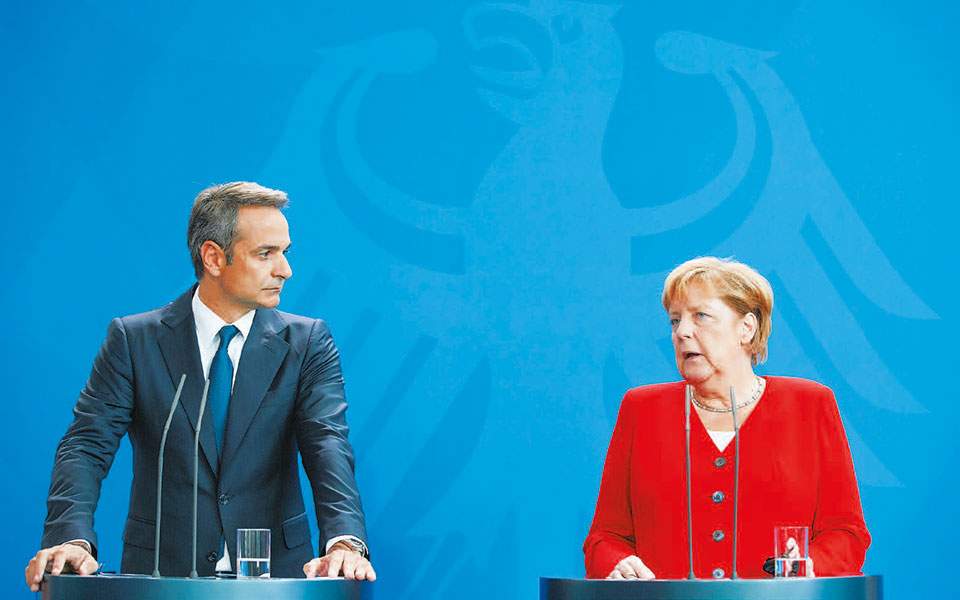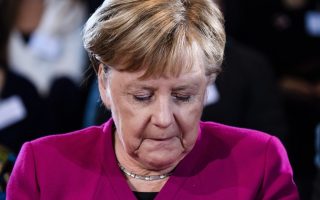A rocky 2019 and Angela Merkel

Angela Merkel’s decision to step down from the leadership of the largest party in the European Union’s leading member-state has increased uncertainty on the eve of a year that will see change throughout the bloc’s major institutions. In 2019, for the first time in the same year, the members and leaders of the European Commission and the European Parliament, as well as the head of the European Central Bank, will change. Also, in March we will know the relationship between the EU and former member Britain. With the political center fragmenting in many countries and with nationalism surging, it is very possible that the European institutions will reflect these changes – at the expense of a united Europe. If Merkel is forced to coexist with a new party leader who does not share her conviction that “more Europe” is the solution to Europe’s problems, she may resign as chancellor before her term ends in 2021, causing further uncertainty.
As we Greeks know well, the decisions of the Commission, the ECB and the European Parliament have a direct impact on our lives. We also know that those who lead them, and their policies, are determined by the most powerful countries. From the start of the crisis, the relationship between Athens and Berlin determined, to a great extent, the attitude of the institutions toward Greece. The cliches of “spendthrift Greeks,” on the one hand, and “German occupiers,” on the other, delayed efforts to create mechanisms that would allow eurozone problems to be handled more effectively. Also, they shaped the image that other Europeans had of the Greeks; this, in turn, affected the policy of member-states and institutions toward Greece. When Greek governments went to Berlin to try to influence policy, Merkel would direct them to the institutions (notably the Eurogroup), where the German opinion would hold sway – and this was usually determined by domestic German concerns.
Today’s developments show that Merkel was right to consider the political cost, as many Germans are uncomfortable with her positions on Greece and on immigration, and this has strengthened her opponents within the Christian Democratic Union and other parties. She did, however, manage to keep the European Union on a steady course and to increase her country’s influence. We will never know if the outcome would have been better if she had been more daring, if she had worked with Emmanuel Macron to strengthen the EU, or whether the end would have then come sooner. What is certain is that the EU is in for a rocky time and Greece’s course has become even more difficult.





